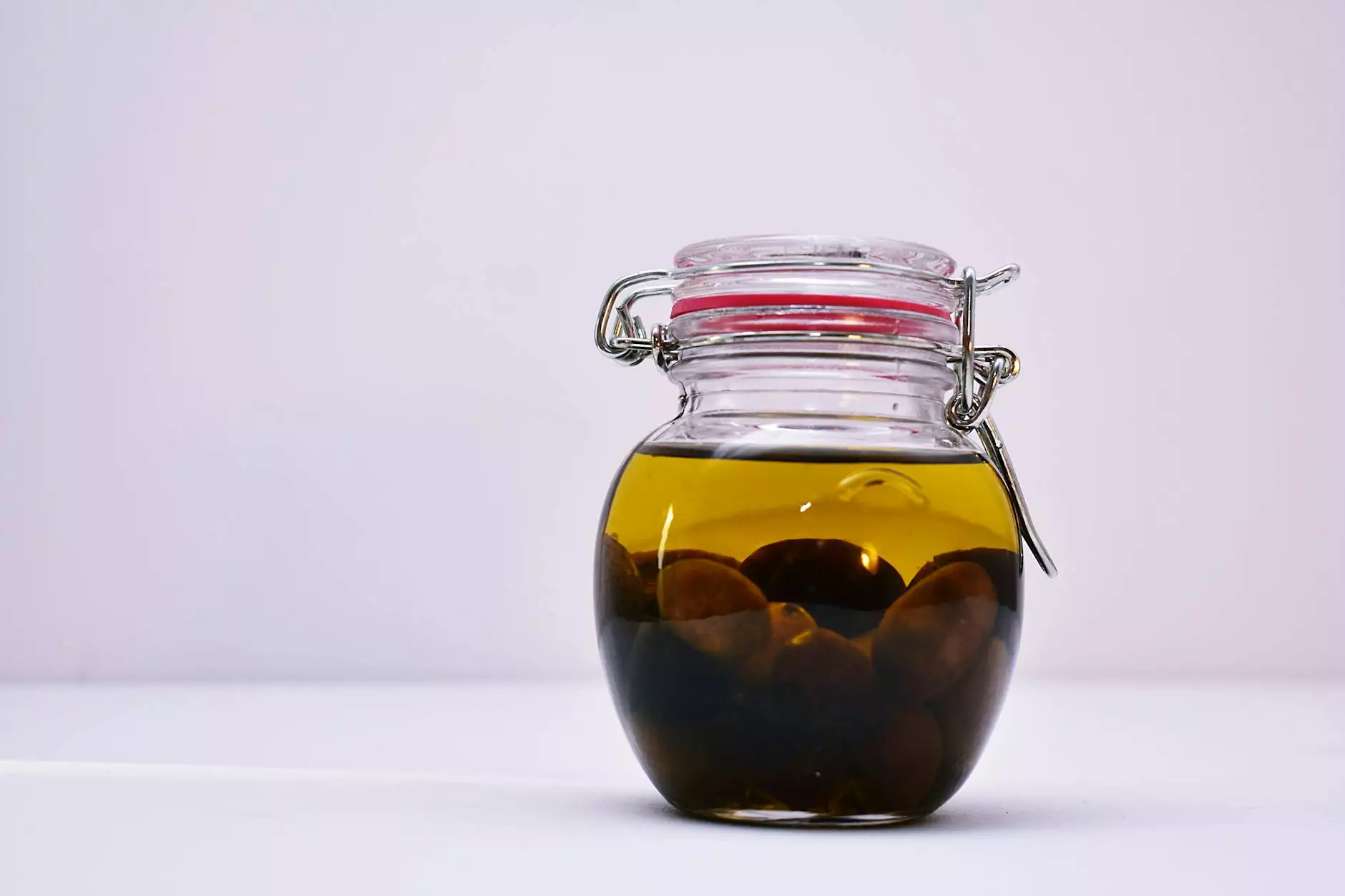Understanding Engine Oil Seals: Essential Components for Diesel Engines

Engine oil seals play a critical role in the performance and longevity of diesel engines. In the vast and intricate world of diesel engine components, these seemingly modest parts have a substantial impact. In this comprehensive guide, we will delve deeply into what engine oil seals are, their functions, types, and why choosing the right seal is vital for your engine's health and overall efficiency.
What Are Engine Oil Seals?
Engine oil seals, often referred to as oil seals or shaft seals, are mechanical elements that prevent the escape of lubricating oil and the entry of contaminants into the engine. They form a crucial barrier between the engine's internal components and the external environment, ensuring that the engine runs smoothly and efficiently.
Typically made from materials such as rubber, silicone, or polyurethane, these seals are designed to withstand high temperatures, pressures, and various chemical exposures that are inherent in a diesel engine's operation.
The Importance of Engine Oil Seals in Diesel Engines
In diesel engines, the pressure and heat generated can cause wear and tear on components over time. This is where engine oil seals come into play. Their importance can be broken down into the following key aspects:
- Leak Prevention: The primary function of oil seals is to prevent oil leaks, which can lead to serious performance issues and even engine failure.
- Contaminant Protection: Oil seals prevent dirt and debris from entering the engine, which can cause damage to internal components.
- Efficiency Maintenance: By keeping the oil where it belongs, these seals help maintain the oil's lubricating properties, which improves the overall efficiency of the engine.
- Longer Engine Life: By ensuring that oil leaks are minimized, they contribute to the longevity of the engine, thus reducing maintenance costs over time.
Common Types of Engine Oil Seals
Understanding the different types of engine oil seals available can aid in selecting the right one for your diesel engine. Here are some prevalent types used in the industry:
1. Lip Seals
Lip seals, the most common type of oil seal, are designed with a single or double lip that engages with the shaft. These seals provide excellent sealing capabilities and are typically used in various applications, including crankshafts and camshafts.
2. Skeleton Seals
Skeleton seals incorporate a steel casing that adds structural integrity to the seal. This type is highly durable and is often used in high-pressure environments, providing a robust option for severe conditions.
3. Radial Seals
Radial seals are designed to resist lateral pressures and are used in applications where oil has to be retained under variable pressures, making them suitable for diesel engines.
4. Flywheel Seals
Flywheel seals help prevent oil leaks where transmission components meet the engine. They are essential for maintaining the integrity of the engine's lubrication system.
Factors to Consider When Selecting Engine Oil Seals
When choosing engine oil seals for your diesel engine, it's crucial to consider several factors to ensure optimal performance:
- Compatibility: Ensure the seal material is compatible with the type of oil used in your engine.
- Temperature Resistance: Look for seals that can withstand the heat generated by the engine.
- Size and Fit: Verify the dimensions of the seal to ensure a proper fit, which is critical for effective sealing.
- Application Specifics: Consider the specific application of the seal and select one that is designed for that scenario.
- Quality and Brand Reputation: Opt for high-quality seals from reputable suppliers like client-diesel.com to ensure reliability.
The Role of Engine Oil Seals in Diesel Engine Maintenance
Regular maintenance of engine oil seals is vital for the health of your diesel engine. Neglecting these seals can lead to severe consequences:
- Oil Contamination: Worn or damaged seals can allow dirt and debris to enter the engine oil, causing contamination.
- Increased Wear: Oil leaks due to ineffective seals may lead to increased friction and wear on engine components.
- Decreased Efficiency: Loss of lubricating oil can lead to overheating and decreased engine efficiency.
- Costly Repairs: Ignoring small oil leaks can eventually result in major engine issues that require costly repairs.
How to Identify Signs of Worn Engine Oil Seals
Being proactive in identifying issues with engine oil seals can save you time and money. Here are some signs that indicate your seals may be worn or damaged:
1. Oil Leaks
One of the most evident signs is the presence of oil spots beneath the engine. If you notice any leaks, it's crucial to inspect the seals.
2. Increased Oil Consumption
If you find yourself topping off oil more frequently than usual, this may indicate a leak caused by faulty seals.
3. Contaminated Oil
Black or dirty oil can indicate that contaminants have entered the oil system, possibly from worn seals.
4. Unusual Engine Noise
Oil starvation due to leaks can lead to increased friction, resulting in unusual noises coming from the engine.
Best Practices for Replacing Engine Oil Seals
When it comes time to replace engine oil seals, following best practices can help ensure a successful installation:
- Proper Tools: Use the appropriate tools for removal and installation to prevent damage to the seal or surrounding components.
- Cleanliness: Ensure that the sealing surfaces are clean and free of debris before installing new seals.
- Liberal Lubrication: Apply a light layer of oil to the seal lip to facilitate a smoother installation and avoid tearing.
- Correct Installation: Follow manufacturer guidelines or use a proper installation tool to ensure the seal is seated correctly.
Conclusion: The Indispensable Role of Engine Oil Seals
In conclusion, engine oil seals are essential components in maintaining the performance and longevity of diesel engines. Investing in high-quality seals, such as those available from client-diesel.com, not only enhances engine efficiency but also drastically reduces the risk of costly repairs and downtime. Being aware of the different types, signs of wear, and best practices for maintenance can empower diesel engine owners and operators to make informed decisions that will prolong the life of their engines.
As we move forward into an era of advanced diesel technology, the importance of these small yet powerful components cannot be overstated. Regular inspections and timely replacements of engine oil seals are critical steps in ensuring that your diesel engine operates at peak performance.



